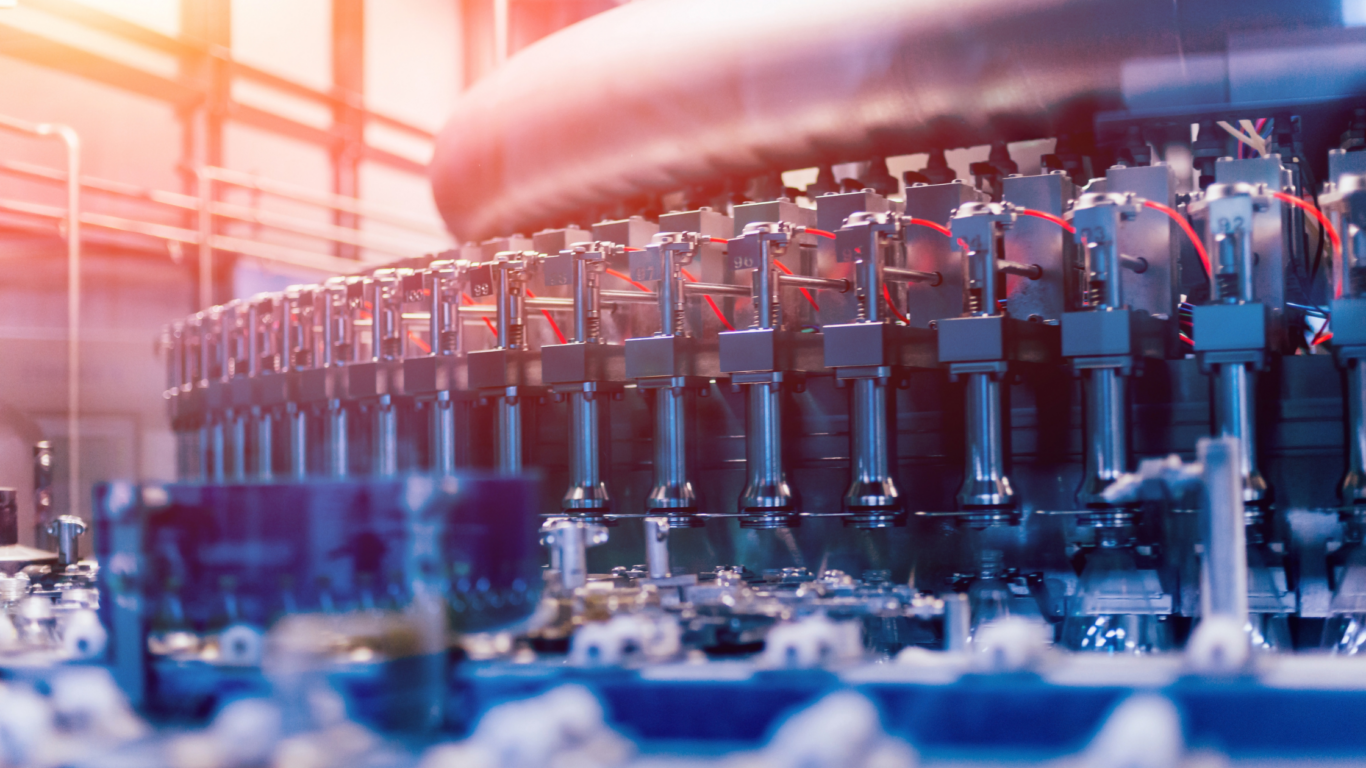1 min. read
Workflow Automation in Manufacturing: The Key to Streamlining and Success
Explore the revolutionary impact of workflow automation on manufacturing. Learn how this technology optimizes quality control, maintenance, supply chains, scheduling, and more, ultimately leading to streamlined processes and greater success.

In the fast-paced world of manufacturing, efficiency isn’t just a goal – it’s a necessity. Workflow automation software is the secret weapon manufacturers are using to transform complex processes into well-oiled machines, eliminating bottlenecks and maximizing productivity. Let’s dive into how this technology is reshaping factory floors worldwide:
The Problem: Manual quality checks are slow, error-prone, and costly.
The Solution: Computer vision software revolutionizes quality control by inspecting products with lightning speed and unmatched accuracy. This reduces waste, minimizes the risk of defective products reaching customers, and prevents expensive recalls.
Predictive Maintenance: Keeping Equipment Running Smoothly
The Problem: Unplanned equipment breakdowns can cripple production lines and lead to substantial financial losses.
The Solution: By analyzing data from sensors on machines, software can predict maintenance needs before a breakdown occurs. This proactive approach minimizes downtime, extends the lifespan of equipment, and saves manufacturers a significant amount of money.
Supply Chain Optimization: Untangling the Logistics Knot
The Problem: Managing inventory and coordinating deliveries across a vast supply chain can be incredibly complex.
The Solution: Workflow automation software tracks inventory levels in real-time, predicts demand, and automatically generates purchase orders to keep stock levels optimal. This reduces waste, prevents stockouts, and ensures a smooth flow of materials.
Shop Floor Scheduling: Maximizing Efficiency
The Problem: Allocating resources and scheduling tasks on the shop floor is a constant juggling act.
The Solution: Intelligent software optimizes scheduling by considering factors like task priority, machine availability, and worker skill sets. This results in smoother production flows, reduced bottlenecks, and improved resource utilization.
Employee Onboarding and Training: Building a Skilled Workforce
The Problem: Training new employees is time-consuming and often inconsistent.
The Solution: Interactive software modules, simulations, and assessments offer a standardized, efficient approach to onboarding and training. This ensures employees are well-prepared for their roles, reducing the learning curve and improving overall productivity.
Regulatory Compliance: Staying on the Right Side of the Law
The Problem: Manufacturing industries face a complex web of safety and environmental regulations.
The Solution: Automation software streamlines compliance by automating data collection and reporting. This reduces the risk of fines, legal action, and reputational damage, allowing manufacturers to focus on their core business.
Conclusion
Workflow automation software is transforming the manufacturing landscape. By embracing this technology, manufacturers can streamline operations, reduce costs, improve quality, and stay ahead of the competition in today’s demanding market. Contact Avra Expert today and get free consultations.